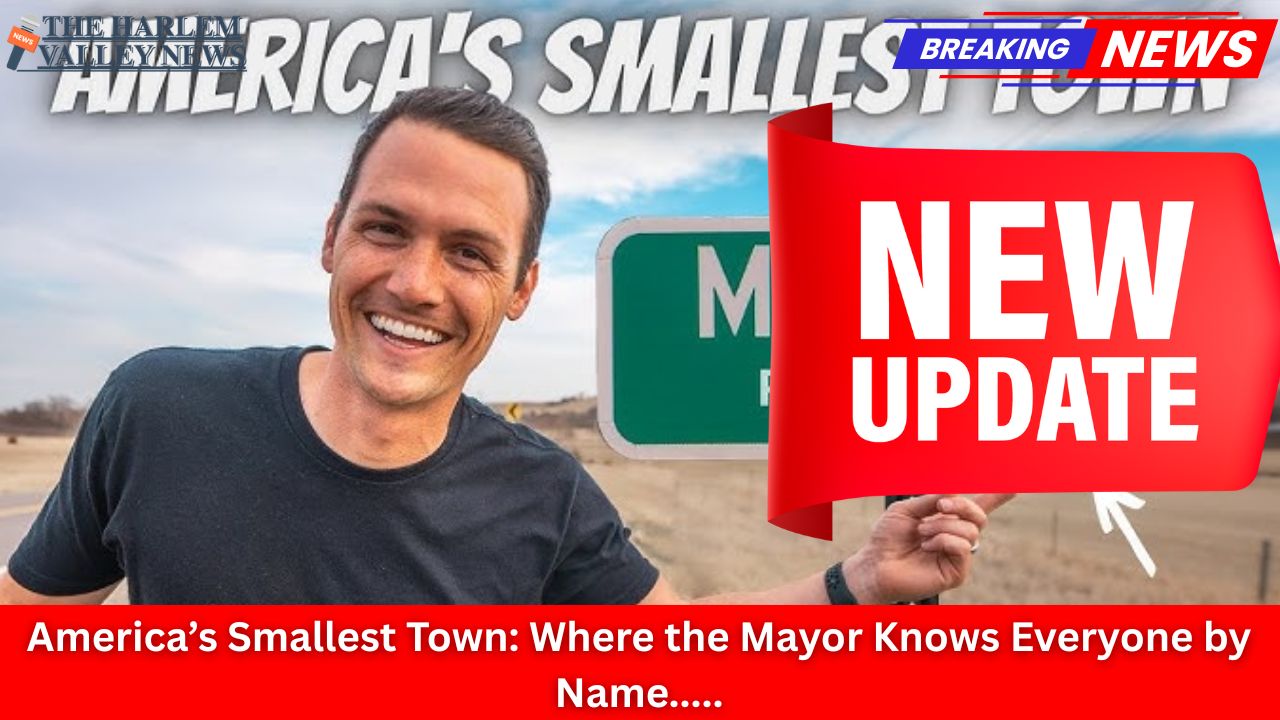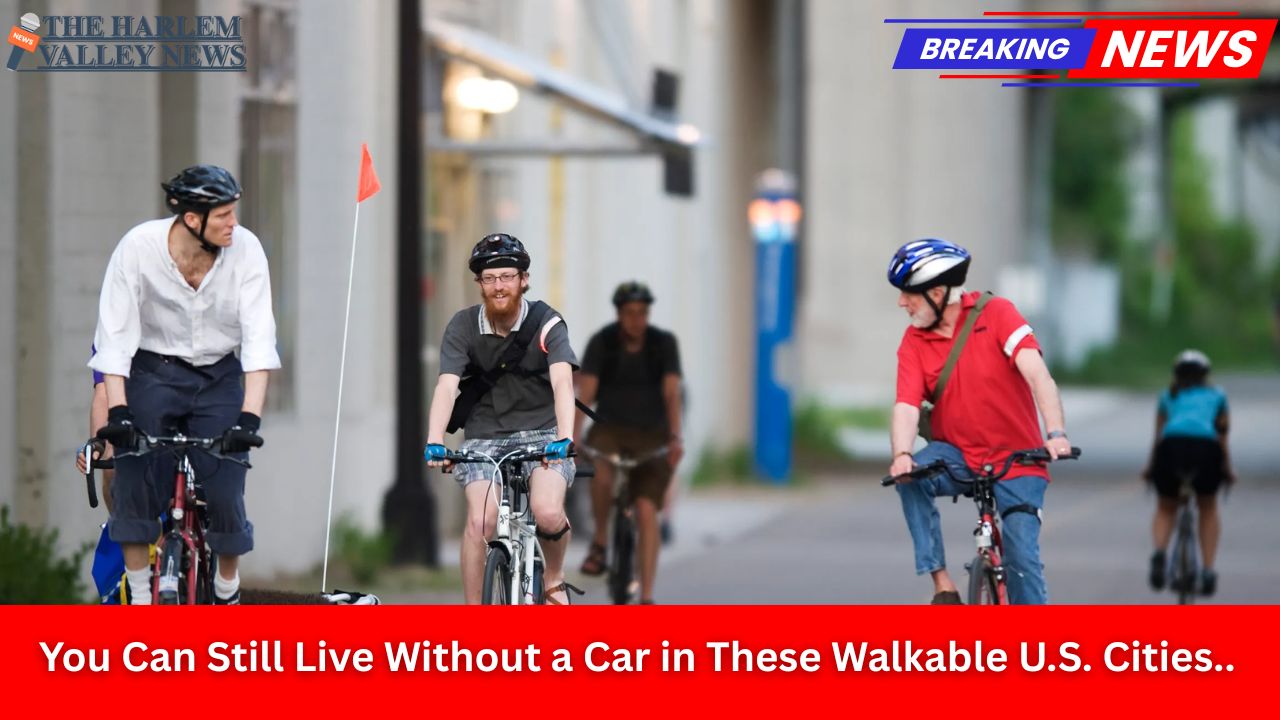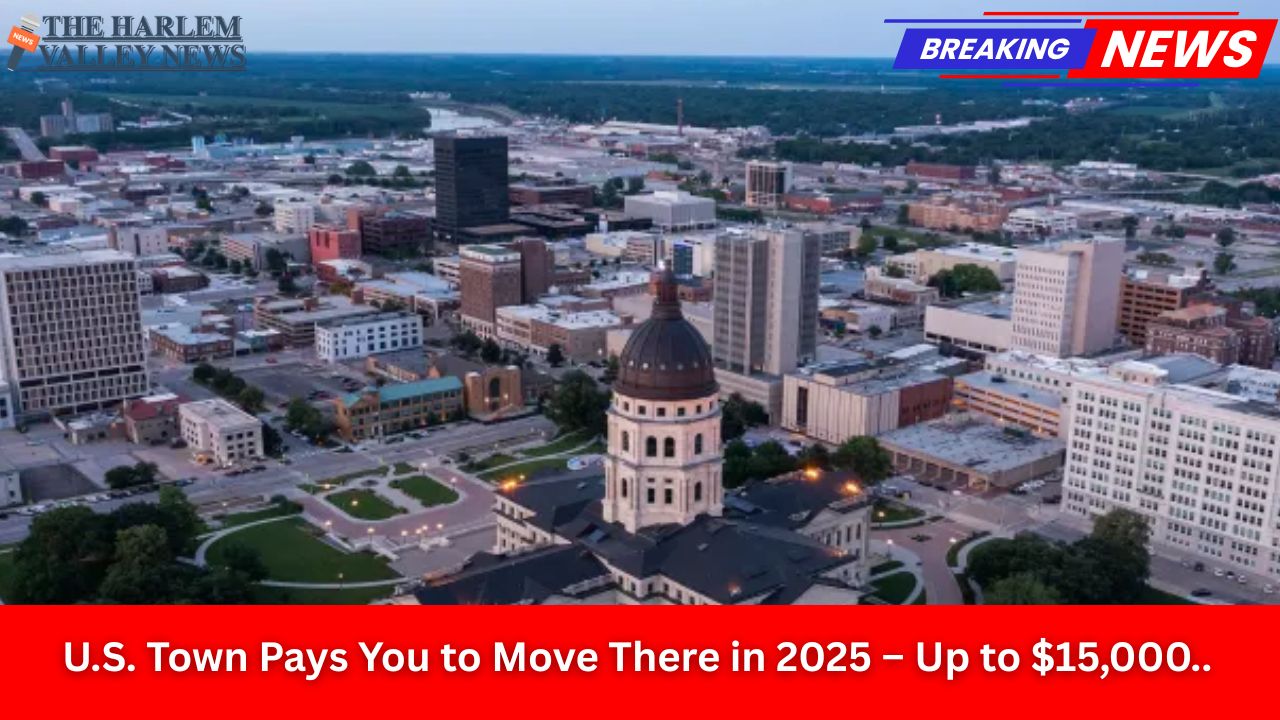Monowi, Nebraska, US: Deep in the rolling plains of northern Nebraska lies a place unlike any other in the country — a community so small that you can count its population on one hand. In fact, you can count it on one hand and still have fingers left over. Monowi has just three residents — and one of them is the mayor.
This tiny dot on the map, tucked away in Boyd County near the South Dakota border, has become something of a curiosity for travelers, journalists, and wanderers seeking a glimpse into a vanishing slice of rural America. With its modest cluster of homes, a single tavern, a weathered post office building, and miles of open fields surrounding it, Monowi offers a life that is both solitary and beautifully self-contained.
A Town That Refuses to Disappear
At its peak in the 1930s, Monowi was home to more than 150 people, bustling with small businesses, a school, and the lively hum of farming families. But over the decades, opportunities dwindled, and young residents moved away to cities in search of jobs and new chances. Slowly, the population shrank until only a handful remained — and yet the town never officially dissolved.
Now, with only three people calling it home, Monowi continues to hold its official charter as a municipality, complete with its own local government, however humble. Annual requirements — from budgeting for street repairs to maintaining voting protocols — still apply, and the responsibility largely rests on the shoulders of the mayor.
The Mayor Who Knows Everyone
The town’s mayor is not only a civic leader but also a neighbor, friend, and, sometimes, the bartender. In such a small place, roles overlap naturally. Here, the mayor’s “constituents” are not faceless citizens but close acquaintances — dinner companions, helping hands during harvest, and the same people met daily on the single dusty main road.
Budget meetings in Monowi are unlike anywhere else — more kitchen table than city hall, often over coffee or a potluck meal. The mayor handles applications, authorizes street repairs, and signs off on paperwork that, in larger towns, would take an entire board or committee.
The Town’s Beating Heart: The Local Tavern
Despite its size, Monowi still has a public gathering place — a small tavern that doubles as the unofficial community center. It’s here where residents and occasional visitors swap stories, share a drink, and keep alive a tradition of neighborly connection that’s fading in much of rural America.
For many tourists making the pilgrimage to Monowi, stopping at the tavern is the highlight. Visitors from all over the U.S. — and even overseas — walk through its doors, eager to meet the people who keep this small town alive. Patrons can sign the guest book, which now boasts thousands of entries from curious travelers.
Life in Slow Motion
In Monowi, life moves at a pace dictated by the land and the seasons. There are no stoplights, no traffic jams, and no crowds. Residents know that if they need a helping hand, their neighbor is likely no more than a few yards away.
While some may imagine such isolation as lonely, those who live here say the quiet is one of the town’s greatest blessings. There’s a deep connection to the land, an unspoken understanding of the weather’s moods, and an appreciation for community — even if that community numbers only three.
A Place That Captures the Imagination
What makes Monowi so fascinating is not just its tiny population, but its resilience. In an era when small towns disappear from the map altogether, this little pocket of Nebraska persists. It stands as a living reminder of a different kind of American life — one built on self-reliance, close relationships, and a fierce loyalty to home.
Visitors leave with more than just photos; they carry a sense of wonder that such a place still exists. For residents, it’s not a spectacle — it’s simply life. And for the mayor, it’s about more than holding office. It’s about protecting the heartbeat of a place that refuses to be forgotten.














Leave a Reply